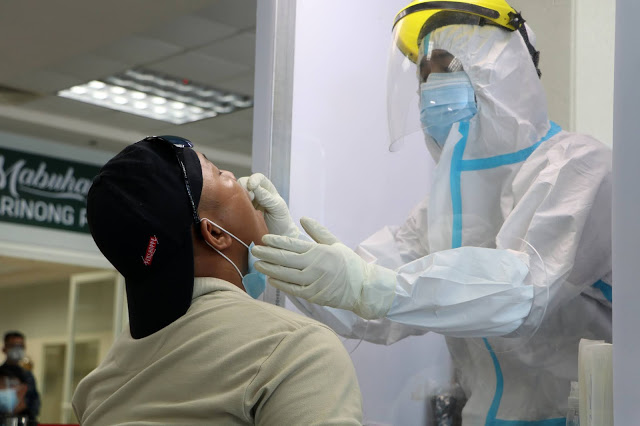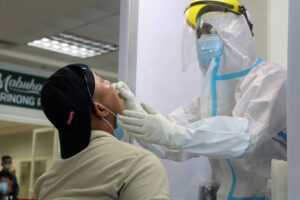

Transportation Secretary Arthur Tugade assured the international shipping community of the Philippines’ commitment to remain an effective partner in global maritime activities amidst the ongoing coronavirus (COVID-19) pandemic.
Tugade gave this assurance at the virtual gathering on September 24 of global maritime leaders to mark this year’s World Maritime Day and conduct the 75th session of the United Nations General Assembly.
Tugade in his speech said the Philippines has been implementing measures that ensure the health and safety of seafarers and support their unhampered deployment amidst the pandemic.
READ: Crew change crisis a threat to global trade, supply chains, warns IMO
Among these is the establishment of “green lanes” and one-stop shops in all of the country’s gateways for the safe and efficient movement of seafarers.
The Philippines has also activated three crew change hubs—Manila South Harbor, Capinpin port in Bataan, and Subic port in Zambales—and is fast-tracking the immediate activation of three more—Batangas, Cebu, Davao—in the next 30 days.
READ: Capinpin port joins Manila, Subic as crew change hub
The Philippines is one of 13 countries which earlier committed to the International Maritime Organization (IMO) to facilitate crew changes and achieve key worker designation for seafarers.
IMO had noted that this commitment “represents significant progress to help resolve a growing crisis facing the maritime industry, and enable hundreds of thousands of stranded seafarers to go home or join ships.”
The Maritime Industry Authority has also extended for one year the validity of International Convention on Standards of Training, Certification and Watchkeeping for Seafarers (STCW) certificates, and identification and record books of Filipino seafarers to ensure their unhampered deployment and enable crew changes.
Of the estimated 1.5 million seafarers worldwide, 370,000 or about 25% are Filipinos.
Regarding ports, Tugade said 369 port projects have been completed since 2016, of which 14 were virtually inaugurated during the pandemic.




